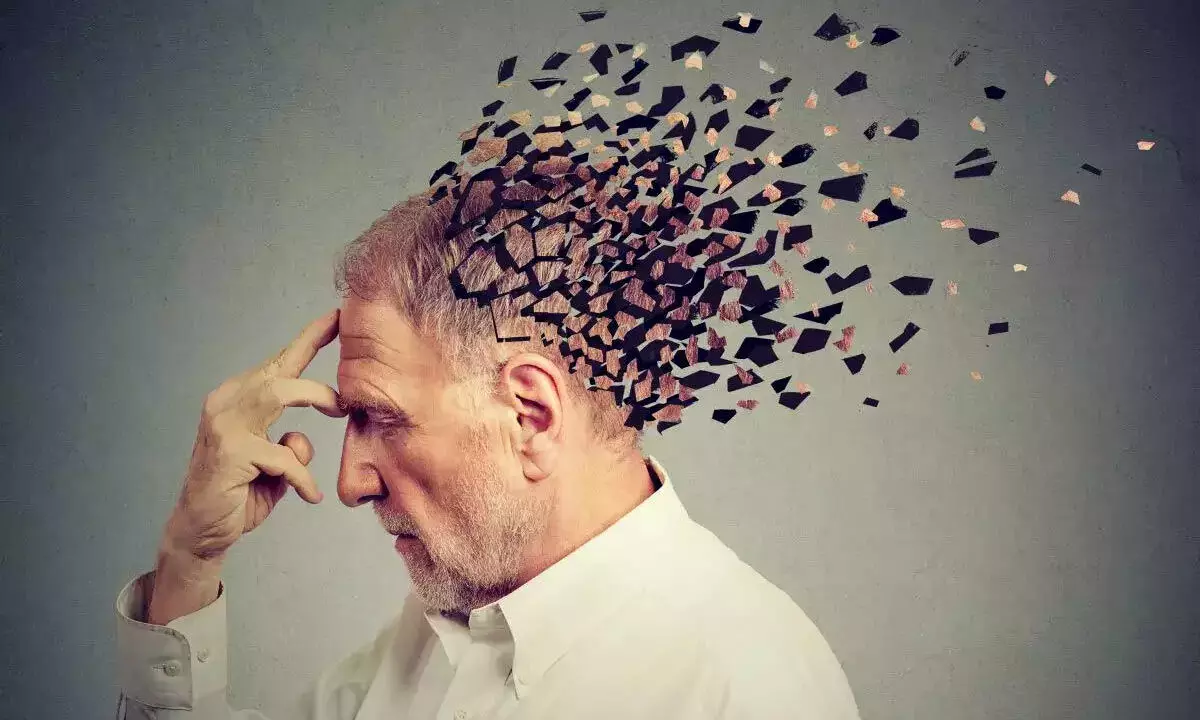The Silent Epidemic: Combating Alzheimer’s Crisis in India Through Proactive Measures

In a rapidly aging world, India stands at the forefront of a looming crisis: Alzheimer's disease. With the elderly population expected to reach a staggering 20 crore by 2031, the rising trend of Alzheimer's is a major cause for concern
In a rapidly aging world, India stands at the forefront of a looming crisis: Alzheimer's disease. With the elderly population expected to reach a staggering 20 crore by 2031, the rising trend of Alzheimer's is a major cause for concern. Recent estimates indicate that approximately 9 lakh Indians aged 60 and above are currently grappling with dementia, with projections pointing towards a surge to 1.7 crore by 2036. These numbers not only highlight the sheer magnitude of the issue but also underscore the urgent need for a comprehensive national strategy to address Alzheimer's disease.
The implications of this rising trend are profound, touching the lives of older adults, their families, and the Indian economy as a whole. Alzheimer's is a progressive neurodegenerative disorder that causes brain cells to shrink and die, ultimately leading to cognitive decline, memory loss, and personality changes. For individuals with Alzheimer's, it can translate to a loss of independence, diminished social participation, and heightened risk of falls and injuries. The impact is not limited to the affected individuals alone; it radiates through their families, imposing a heavy emotional and financial burden.
The Economic Burden: A Stark Reality
As shocking as it may seem, Alzheimer's is estimated to cost the country a staggering $13 billion annually in lost productivity and healthcare costs. The economic consequences of this crisis are undeniable, making it imperative for India to act swiftly and decisively. The ripple effect of Alzheimer's touches every facet of society, from healthcare infrastructure to the emotional well-being of families struggling to care for their loved ones.
Unveiling the Risk Factors: A Complex Puzzle
Research into Alzheimer's disease has uncovered a complex interplay of factors influencing its onset. While age, family history, and heredity are uncontrollable risk factors, emerging evidence suggests the influence of other variables. Head injuries, for instance, have been linked to an increased risk of Alzheimer's, with the severity of injury directly correlating with risk. Additionally, conditions that compromise heart health, such as heart disease, diabetes, stroke, high blood pressure, and high cholesterol, have been associated with a heightened risk of Alzheimer's and vascular dementia.
The Path Forward: A Three-Pronged Strategy
In light of these challenges, India must develop a comprehensive national strategy to combat Alzheimer's disease. This strategy should focus on three key areas:
1. Increase Awareness and Understanding: Many people in India are not aware of Alzheimer's disease, or they misunderstand what it entails. Public awareness campaigns are crucial to educate people about Alzheimer's disease, its symptoms, and the significance of early diagnosis and treatment.
2. Improve Access to Diagnosis and Treatment: Several barriers, such as lack of awareness, stigma surrounding mental illness, and the cost of diagnosis and treatment, hinder people with Alzheimer's from accessing care. The government must work to address these barriers, making diagnosis and treatment more affordable and accessible.
3. Provide Support for Caregivers: Caring for individuals with Alzheimer's can be emotionally and physically taxing for families. The government should offer support for caregivers through respite care, financial assistance, and training programs.
Investing in a Dementia-Free Future
In India, over 4.4 million people had dementia in 2015, and this number is expected to double by 2030. The prevalence of dementia is higher among older women than men. Traditionally, dementia has often been overlooked as a part of normal aging, and caregivers tend to have low expectations for older adults' cognitive function.
Socio-cultural aspects, like the concept of "seva" or caring for the elderly, have contributed to this perception. However, this needs to change as the aging population grows, and dementia becomes a more prevalent issue.
A Future Without Alzheimer's
Preventing Alzheimer's disease and fostering an Alzheimer's-free future begins with proactive measures within the family. Encouraging older adults in the family to engage in mentally stimulating activities, such as puzzles or learning a new skill, can help maintain cognitive function. A balanced diet rich in antioxidants, omega-3 fatty acids, and fruits and vegetables is essential for brain health. Regular physical exercise not only benefits the body but also promotes cognitive well-being. Adequate sleep and stress management are equally crucial. Family members can offer social support, ensuring their loved ones remain engaged and connected with others. Additionally, staying vigilant about potential risk factors, such as heart health and head injuries, and seeking early diagnosis and treatment when necessary can significantly delay the onset of Alzheimer's disease.
On this World Alzheimer's Day, let us reflect on the theme, "Never too early, never too late," and work together to create a future without Alzheimer's. By developing and implementing a comprehensive national strategy, India can make a real difference in the lives of people with Alzheimer's, their families, and the Indian economy. The time to act is now, for Alzheimer's knows no age, and it is never too early or too late to confront this silent epidemic head-on.
(The author is a, Executive Director, Cadabams Hospital)










